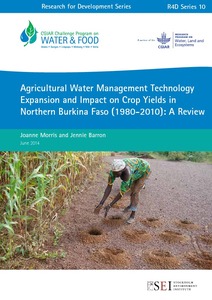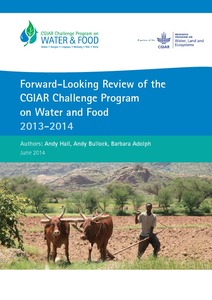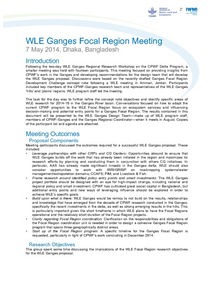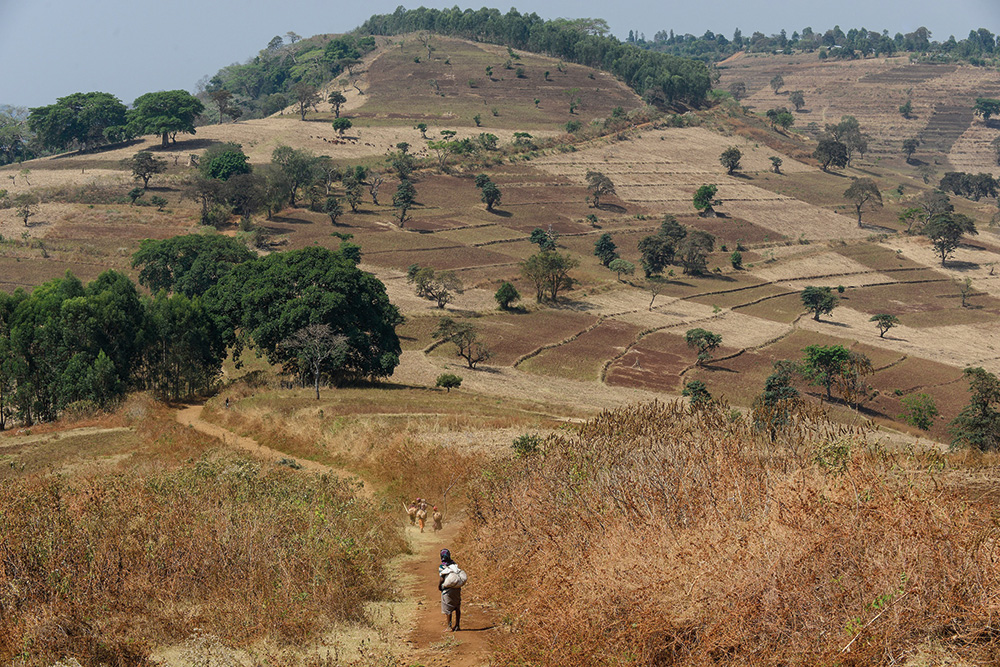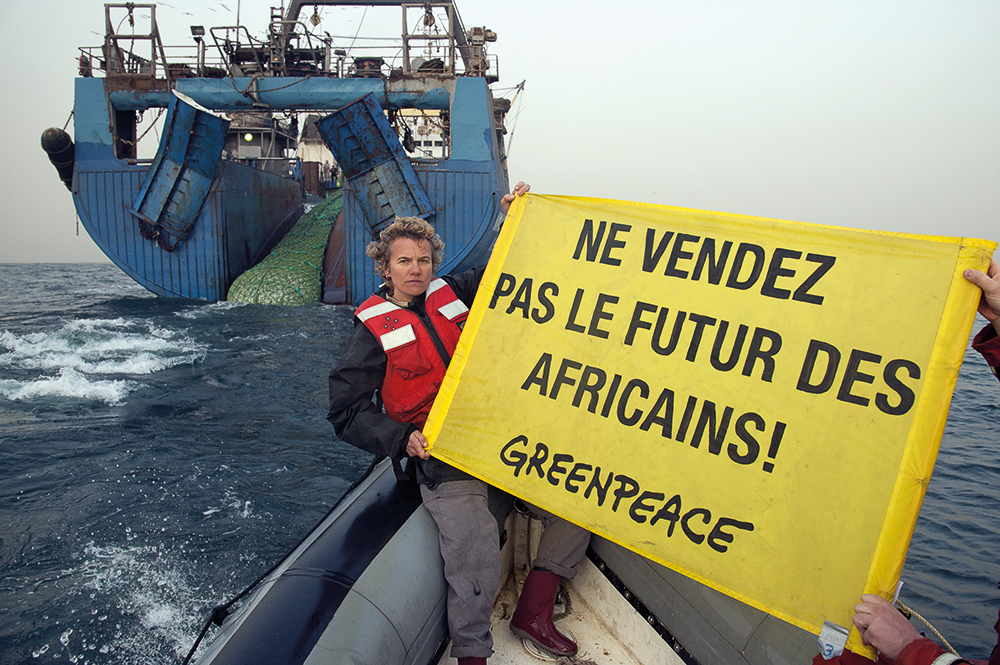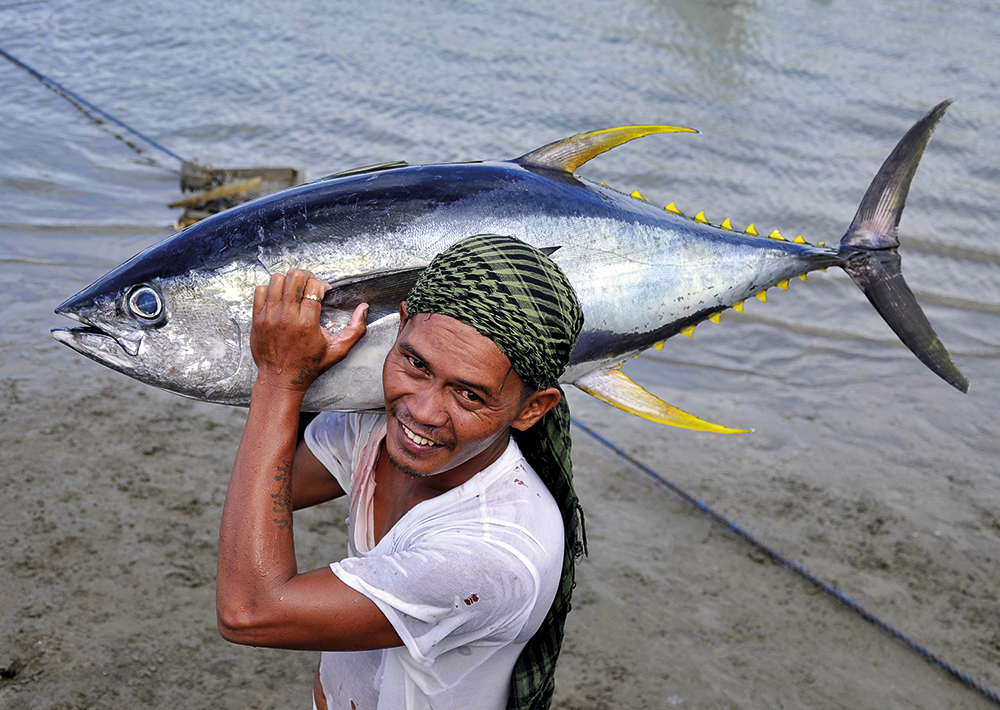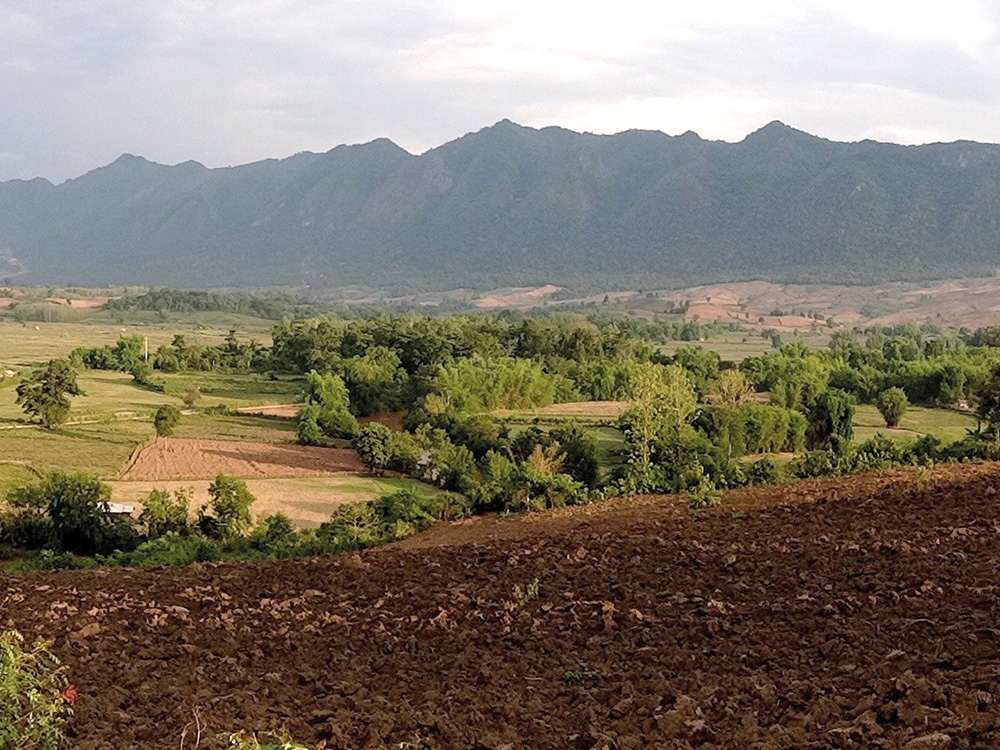Impact of infrastructure on profit efficiency of vegetable farming in West Java, Indonesia: stochastic frontier approach
Infrastructure plays an important role in increasing farm profit, since it reduces transaction costs which affect input and output price. The vegetable farming profit is relatively high although it varies, due to different infrastructure conditions. The study was conducted to analyze the level of profit efficiency due to various infrastructure conditions and to reveal the determinants of vegetable farming profit. The research was conducted in West Java, Indonesia with 192 sample farming activities.


